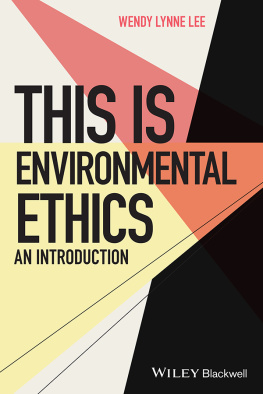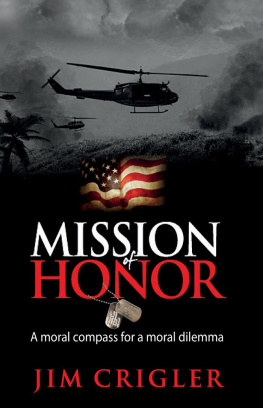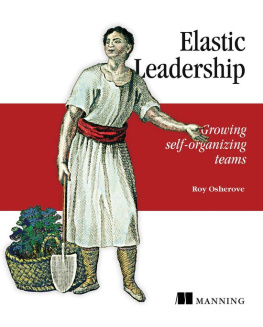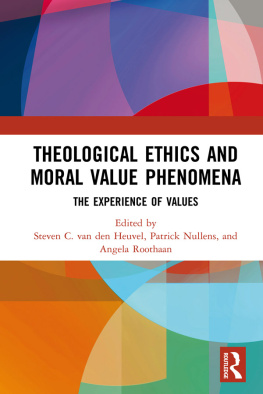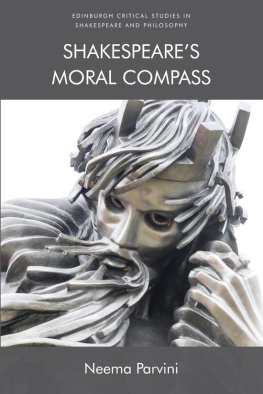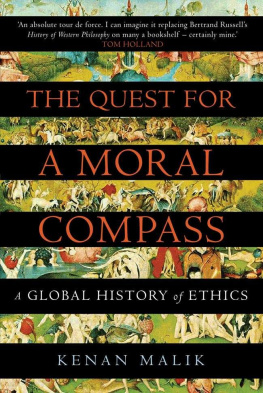Table of Contents
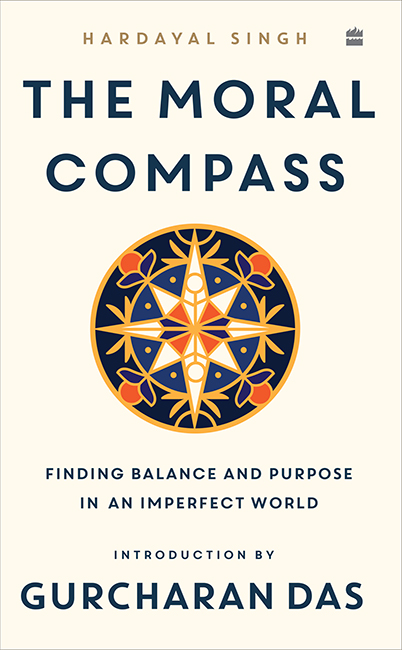

For my mentor, Hazur Charan Singh, and my father,
Shri Barkat Ram
Contents

T RY AND IMAGINE THE LOOK OF SHOCKED incomprehension on Yudhishthirs face after he loses everythinghis kingdom, his family and himselfin a rigged game of dice in the Mahabharata. Its a man face to face with his karma, his world gone awry, symbolizing the quixotic human condition. In a more mundane, contemporary setting, many of the middle-class characters in Hardayal Singhs book have a similar perplexed expression when they are up against a wall, wrestling with moral confusion, having to make difficult choices in their day-to-day lives. Not unlike the epics heroes, they try to do the right, the dharmic, thing but it isnt easy. Whatever choice they make entails a terrible loss; yet, they must decide even when they dont know what is the right choice; and even after making the right decision, they realize they could have made a better one. The epics dice game is a metaphor for the fragile, lonely human life in an uncertain world.
Karma means both action and the consequences of that action. You can do the right thing, act according to dharma, in which case you might sleep well at night and reap the positive fruit of the action. Or do the wrong thing, act according to adharma, and reap its negative effects. The moral compass is dharma. The question that this book poses is: can one depend on dharma to protect one in this world? Can one trust it to give balance and purpose in a hazy imperfect world?
These Stories Hold a Mirror to Our Life
Hardayal Singh offers us seventeen absorbing stories, sketches based on real life, addressing the central problem of how to live our life in an examined way. Each deals with a moral situation or a moral emotion or a moral dilemma. The first two chapters offer a straightforward alternative between the paths of integrity and corruption. Chapter Six deals with a corrupt practice but its theme is more about means versus ends. Four of the chapters are set inside organizations, forcing its employees to confront the morality of hierarchywhat is right may or may not be what the boss wants. Two chapters tackle moral emotionsChapter Four is about grief at the loss of a loved one; Chapter Five is about fear of an exam. The elusive virtue of humility is the subject of Chapters Eight and Nine.
The next two chapters go to the heart of the ethical lifeChapter Ten is a powerful story, offering a choice of revenge versus forgiveness, reminding us how Yudhishthir tries unsuccessfully to teach forgiveness to his queen, Draupadi, who insists on taking revenge on the Kauravas in the epic. Chapter Eleven is an inspiring character sketch of a benevolent life devoted to altruism and compassion; it hints at the moral ideal of reciprocal altruism, which evolutionary biologists believe is the origin of the human desire to do goodsmile at the world and it will smile back at you. The last few chapters teach us some of the responsibilities of being human. Chapter Fourteen reminds us of the value of authenticitybe yourself and do not pay excessive attention to others. The penultimate chapter confronts the classic dilemma of a person who has to choose between doing the right thing versus the compassionate thing.
Taken together, the stories hold a mirror to our life, forcing us to confront the many ways in which we deceive ourselves. Yes, ours is an enigmatic, deficient world of imperfect human beings; yes, ours is a lonely and opaque situation. But that doesnt mean we can cop out. The issues raised by the author draw upon religion, philosophy, psychology and, above all, his own life devoted to decision-making over four decades, of which one decade was at the top of an organization. He has chosen the right method by employing stories to illustrate life lessonsit is the best way to discover ethical behaviour. For centuries, Indians have been learning how to live their lives from stories in the epics, the Puranas and the kathas, making India one of the worlds richest storytelling cultures.
Inspired by the authors method, I shall supplement, in this Introduction, Hardayals stories with some of my own and a few from the Mahabharata to illustrate the principles of this book. To do that, I shall ground the stories in the classical questions that have engaged moral philosophers over thousands of years. I shall explore questions such as, how did human beings acquire moral intuitions? Do we judge the moral worth of an action based on its consequences or on the intention of the actor? Are means more important than ends? How early in life do we acquire a sense of right and wrong? I shall end with a longish morality tale that says something about the hazy ethical life of modern-day India.
What Happens When Duties Conflict?
The second last story in the book is about a Central Vigilance Commissioner in the early 1990s, in the aftermath of the Harshad Mehta scam. He confronts ethical uncertainty arising from conflicting obligations. A classic example of his conflict can be found in a tale from the Mahabharata, about Kaushik, an innocent, simple-minded ascetic, who prides himself for always telling the truth. One day, sitting in the town square, he is accosted by a group of thieving cut-throats, who ask if has seen a man run past. They are looking for him, he knows, because he has witnessed their crime. Kaushiks dilemma is to choose between the duty of satya, telling the truth, or of ahimsa, not harming another and saving a life in this case. Since he is in the habit of telling the truth, never having told a lie, Kaushik chooses satya and delivers a death sentence to the witness.
The robbers catch and kill their prey and the pious ascetic is sent to hell at the end of his life. Kaushik is confused: why, he asks, after living such a virtuous life of honesty, is he in hell? Hes then reminded that he failed that day in the town square. His higher duty was to remain silent or tell a white lie and save the poor witnesss life. The Central Vigilance Commissioner in Chapter Sixteen of the book similarly had to make a very difficult decision when he chose to prosecute an outstanding officer and otherwise good human being, who appears to have done wrong under pressure from his powerful boss, the chief minister. What was the higher dharma here for the Central Vigilance Commissionercompassion towards a good human being, or ensuring that he set a strong precedent for punishing wrongdoers?
Do Ends Justify the Means?
Another common ethical problem arises from our perspective. Chapter Two introduces us to the dilemma of means and ends: whether to judge an action from a persons intentions or its consequences. A doctor uses the wrong means to bring about a good ending. My favourite example is of a true story that appeared in the newspapers some years ago. Its about a young hero who jumped into the sea in Goa and saved a child from drowning. The reporter asks him, why did he do it? He replies sheepishly that he was trying to impress a girl who was part of his holiday group from a college in Delhi. The reporter retorts, Then youre not a hero. But wait: the child was saved. The moral deed was done. Why worry about the young mans motives or bring his girlfriend into the picture?
It is true that Dr Chand in Chapter Two also did a heroic deed by giving life to the knees of his friend, mentor and guide. But in doing so, he broke government rules and colluded with a medical supplier by making a fraudulent bill. It is especially important to have the right perspective when judging actions in public life. Chapter Nine tells the charming story of two engineersthe arrogant, domineering Mr Sidhu versus the kind, humble Mr Sandhu. The latter is the hero of this story but there was another outcome possible in the story of these two characters.


